By Tissa Mihindupura
Countering terrorism, in the face of radicalization, is a major challenge confronting the entire globe today. Terrorism emanating from religious extremism poses a graver danger to society than other forms of terrorism. It is a menace that does not recognise borders and affects countries and people irrespective of their geographical location whereas other acts of terrorism are mostly confined to a territory.
Sri Lanka grappled with the LTTE terrorism that roiled the nation for more than three decades until the organisation was decimated in a crucial battle in May, 2009. It was confined to a territory. The LTTE was crushed with military force. It is now done and dusted. However, afterwards, unexpectedly, the nation was rocked when it experienced a series of bombings by extremist terrorists. The same tactics applied in the decimation of LTTE do not suffice in dealing with new terrorism.
Three churches, St. Anthony’s Shrine, St. Sebastian’s church and Zion Church and three luxury hotels in the country’s commercial capital, Colombo, were targeted in a series of coordinated Islamic terrorist suicide bombings in 2019. More than 300 people lost their lives in the attack and scores of others were injured. Ripple effects of its economic, political and social costs continue to impact Sri Lanka even today, after more than six years.
The successive governments dealt with those responsible for the attack invoking provisions of the Prevention of Terrorism Act (PTA) introduced in 1976. Since the end of war in 2009, the chorus has grown demanding the repeal of the PTA. Internationally, the successive Sri Lankan governments felt the heat since it has even been envisaged in the resolutions on Sri Lanka, adopted by the United Nations Human Rights Council (UNHRC) with the main sponsorship of a myriad of western powers. The argument is that it contains draconian provisions that border on the infringement of democratic, fundamental rights of individuals who are entitled to the right to equality before law.
Legal Reform
Still, the country needs a new counter terrorism law to deal with religious extremism from which Sri Lanka or any other country is no longer immune. Sri Lanka suffered it in its gravest form in 2019. After that, in recent times, there were media reports about signs of radicalization in the pockets of the Eastern Province. At one point, there were planned attacks on Israeli tourists in the East. The U.S. embassy in Colombo even issued a travel alert on its nationals visiting Sri Lanka. Their nationals were asked to avoid Arugam Bay, a surfing spot in the Eastern Province. It impacted tourism in a marginal way, though. All in all, the country needs a new counter terrorism law. Even the past governments attempted it but in vain. The last government even worked out a draft but it was riddled with concerns from the sections of the international community that lobby for the repeal of PTA to be replaced with a new law that meets the international criterion in countering terrorism.
Justice Minister Harshana Nanayakkara spelled out the need for such a law recently. A committee has been appointed to study and make recommendations in this regard.
Against this backdrop, National Shoora Council, a leading body of Muslim society in Sri Lanka, has requested President Anura Kumara Dissanayake to repeal the PTA. The call for the repeal of PTA is understandable from a rational point of view. In this call, the Muslim society is not a lone voice. Yet, what is surprising is that its request in the same statement not to replace the PTA with another law.
One wonders why such a body comprising Muslim intellectuals such as lawyers stands in the way of enacting a fresh piece of counter-terrorism law in Sri Lanka despite it being a dire need today. Muslims are an integral part of Sri Lankan society. They contribute to the Sri Lankan economy in terms of trading including exports and imports. A vast majority of them seek co-existence with mainstream society.
It was evident when most Muslims voted to elect President Anura Kumara Dissanayake last year. A fair number of Muslims voted for the National People’s Power (NPP) at the last parliamentary election too, rejecting the traditional Muslim parties such as Sri Lanka Muslim Congress (SLMC) and All Ceylon Makkal Congress (ACMC). The Muslim community has a prime responsibility to help the authorities concerned nip radicalization among them in the bud.
Community Responsibility
A law is needed in stemming radicalization and dealing with those already radicalized. Such a law should not be construed as one targeting the victimization of the entire Muslim society. Then, what is the need for the National Shoora Council to demand not to have any counter terrorism law in place of the PTA which is earmarked to be repealed? Is that trying to lay the ground for further radicalization of Muslims based on religious ideology? Its action leaves scope for interpretation to that effect.
Such a piece of legislation is not monstrous. It is a part of counter terrorism strategies being followed elsewhere in the world. Even in the Muslim countries, laws are enforced against radicalization. Steps are taken to wean youths away from the path of extremism.
Even in the region of the European Union which sets a benchmark in dealing with terrorism, there are steps. According to the European Union, radicalisation is a phased and complex process in which an individual or a group embraces a radical ideology or belief that accepts, uses or condones violence, including acts of terrorism, to reach a specific political or ideological purpose.
While radicalisation is not a new phenomenon, the trends, means and patterns of radicalisation evolve and responses have to be adapted. Home-grown lone actors and (returning) foreign terrorist fighters raise security issues and specific challenges to prevent work. Internet platforms, including social media, can be abused by violent extremists, terrorist groups and their sympathisers by providing new opportunities for mobilisation, recruitment and communication, the European Commission said on its website.
Terrorism is an unjustifiable criminal act in all parts of the world. A legal infrastructure is needed in the prevention of terrorism. Coordinated action is needed in dealing with terrorist financing, prevention of radicalization, rehabilitation of radicalized elements, curbing extremist content online and intelligence sharing.
Neighbouring India which is grappling with terrorism shared valuable intelligence with Sri Lanka ahead of Easter Sunday attack though the then government failed in taking preventive measures.
It is the responsibility of all to create legal infrastructure to deal with the menace. Sri Lanka should be a security conscious nation like others. It is fundamental to everything.
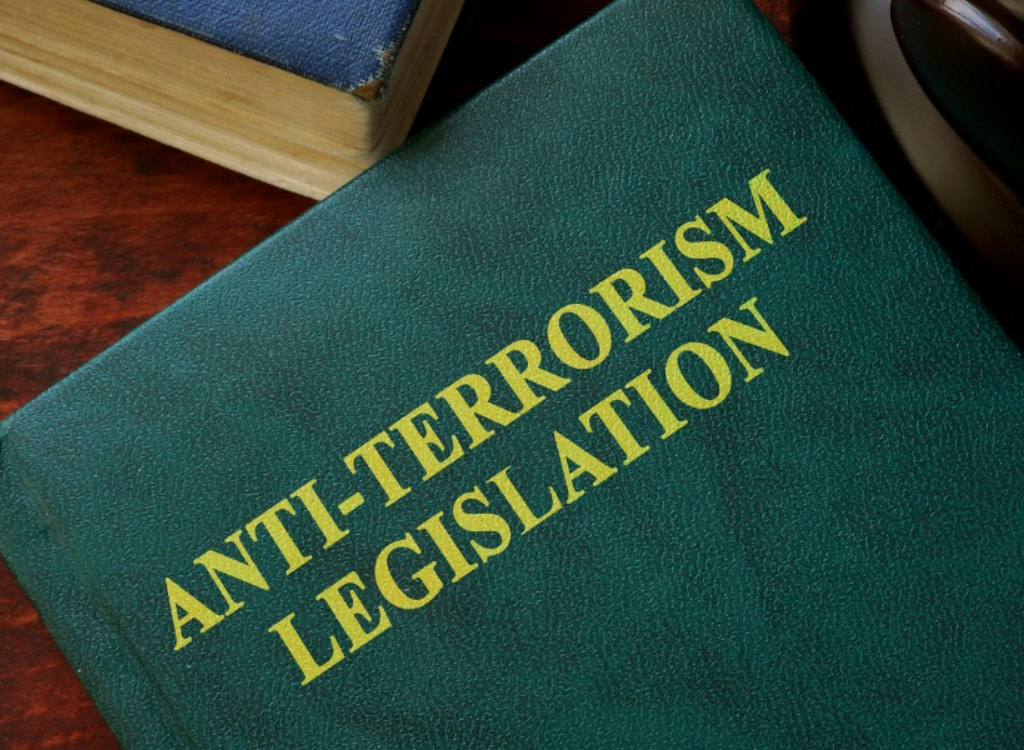
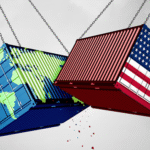
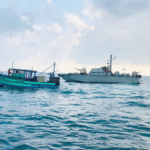
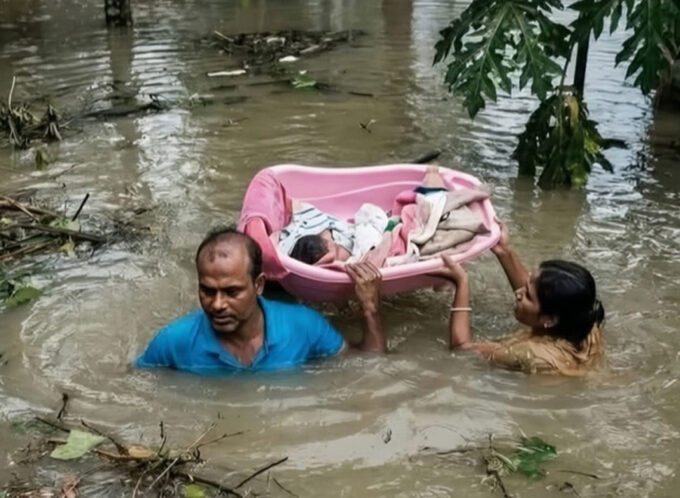
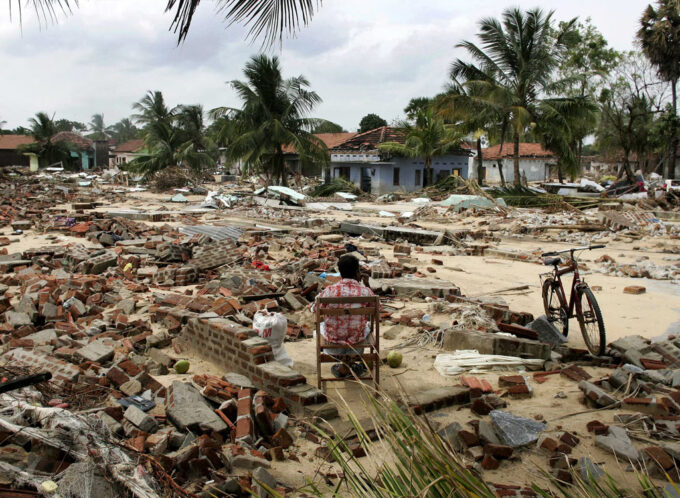
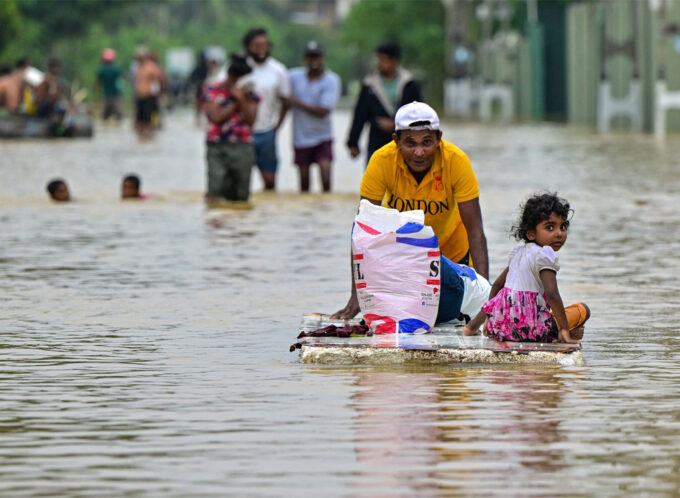
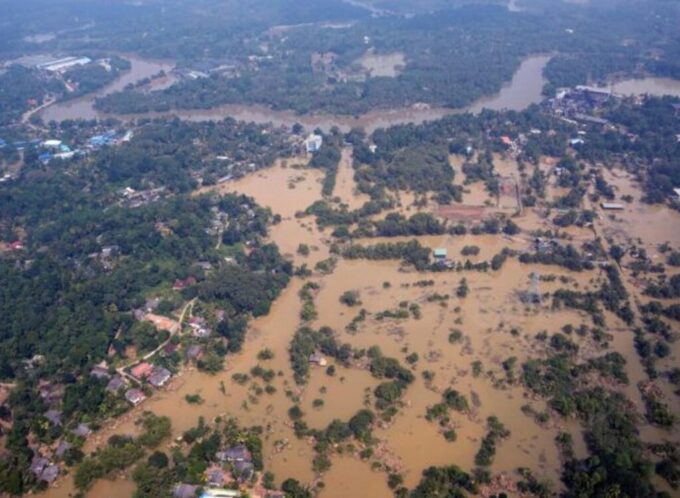

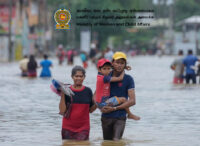

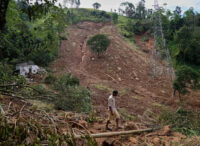
Leave a comment